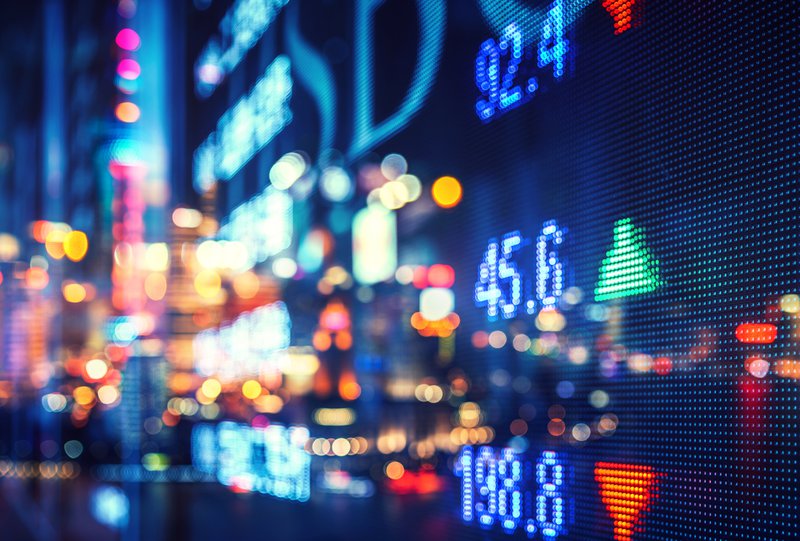
Tim Shufelt
April 23, 2020
In the days immediately before the COVID-19 pandemic slammed into the global economy, investors were calmly pushing North American stocks to record highs.
In hindsight, that level of complacency in mid-February seems difficult to reconcile with the outbreak, considering the ravages already inflicted on China’s society and industry, combined with the fact that the virus had spread around the world.
Now, after a blistering rally over the past month from the lows of March, are markets repeating the same mistake?
“I think so,” said Kim Bolton, president of Black Swan Dexteritas, a Toronto-based hedge fund. “It's going to be very difficult for economies to get back to work. The impact of this, we believe, is going to extend for years.”

Entire industries are suspended, consumer spending has collapsed, corporate earnings are shrinking rapidly and unemployment is soaring, yet investor confidence seems to be steadily improving.
Since March 23, the S&P/TSX Composite Index has gained 27 per cent, recovering nearly half of the benchmark index’s losses through its crash in February and March. In the United States, the S&P 500 index has climbed by 27 per cent in 15 trading days – the largest gain over that short a stretch since 1933.
The equity market resurgence has had two powerful forces behind it. The first is some success in controlling the novel coronavirus outbreak – even in some of the hardest-hit regions. Infection rates in Italy and Spain have levelled off, and hospital admissions for COVID-19 in New York are falling. In Canada, the crush of infections that health officials feared would overwhelm hospitals never fully materialized.
The second catalyst is the colossal dose of stimulus injected by central banks and governments around the world. Over the next 12 months, asset purchases by global central banks could total US$5.5-trillion. Those purchases have provided a backstop to corporate credit and helped calm financial markets.
“For now, the central bank bid is driving equity markets up, but we suspect the collapse in profits cannot be completely ignored,” Robert Buckland, chief global equity strategist at Citigroup, said in a note.
Stock prices tend to anticipate and precede trends in earnings – on the way up and the way down. During the 2008-09 financial crisis, when global stock indexes fell by as much as 60 per cent from peak to trough, corporate earnings also ultimately dropped by about 60 per cent.
Equity analysts are currently forecasting a decline in S&P 500 profits of 17 per cent this year compared with 2019, according to Refinitiv data. For S&P/TSX Composite companies, the earnings contraction is estimated to be about 12 per cent.
But the final totals will likely be far greater – as much as 50 per cent in lost earnings globally, according to Citi.
In the U.S., however, the S&P 500 is currently trading only about 17 per cent below its February peak, while the S&P/TSX Composite is down by 20 per cent.
“This puts investors in a bit of a quandary,” Peter Berezin, chief global strategist at Montreal-based BCA Research, wrote in a report. “Growth is likely to recover in the latter half of 2020 as COVID-19 testing becomes pervasive and the effects of fiscal and monetary stimulus make their way through the economy.”
The “dire corporate earnings performance” to come, however, raises the possibility that the COVID-19 bear market is not over yet.
False rallies within a bear market are quite common. After the dot-com bubble popped in 2000, U.S. stocks posted three rebounds of roughly 20 per cent before hitting a long-term bottom in October, 2002. Stocks also rallied several times during the financial crisis, including a 25-per-cent rise in the S&P 500 toward the end of 2008, which the enduring bear market quickly erased.
If the current rally proves to be such a head fake, both Canadian and U.S. stocks would have to fall by about 20 per cent just to reach lows set a month ago.
“I don’t know if we’ll go through the lows, but I think the market will give us another look at them,” Mr. Bolton said. “It always does.”
This Globe and Mail article was legally licensed by AdvisorStream.
© Copyright 2024 The Globe and Mail Inc. All rights reserved.


